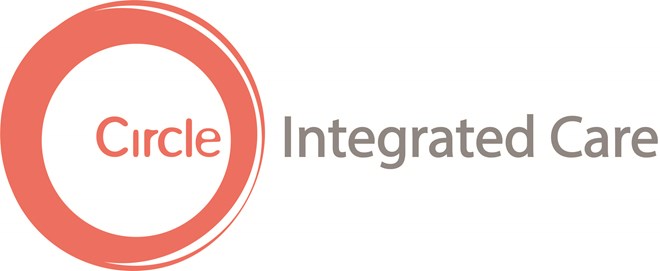Claire Read explores how an integrated MSK pathway in Greenwich improved patient experience and delivered savings.
Ellen Wright sees a lot of people struggling with musculoskeletal issues. As a practising GP, it’s par for the course.
In association with

Research suggests that up to a third of GP consultations are related to MSK problems – issues with joints, muscles, bones, and anything else that makes up the human musculoskeletal system.
In some instances, there will be a very clear diagnosis. “There will be a few acute issues, a few inflammatory conditions that will have a clearly defined treatment pathway,” explains Dr Wright, who is based at Vanburgh Group Practice in Greenwich and who spent four years as clinical chair at the local clinical commissioning group.
“But a lot of it will be what we would loosely call non-specific lower back pain and arthritic conditions.”
Some patients in this category will find mild painkillers along with self-management and exercises will make a difference. Far from all, however.
“There will be a lot of patients who, for one reason or another, that approach doesn’t quite work for, and who will perhaps be asking for stronger painkillers – which the GP will be reluctant to prescribe, especially at the moment with concerns about opiates [which are potentially addictive].”
She continues: “Once the GP has excluded the clearly inflammatory and the clearly cancer, they’re left with a lot of people who may be quite difficult to help.”
In the past, Dr Wright says, the tendency would be to refer these patients to an outpatient specialist clinic. “Most commonly it would be rheumatology or orthopaedics. If the pain had persisted for a long time, they might end up in a hospital pain management clinic.”
But in Greenwich there was the realisation this was a far from ideal pathway. “We knew that a lot of not-very-effective referral was happening from GPs into secondary care,” Dr Wright reports.“There were very long waits for physiotherapy, which might be what the GP thought was most appropriate but actually wasn’t very accessible. And we knew a lot of non-specific back pain which didn’t need an operation was going to orthopaedic surgeons.”
The result: poor patient experience and unnecessary expense. It was clear a more integrated approach was required, and so discussions began about how to create just such a service.
Integrated service
In the first instance, an integrated clinical assessment and treatment service was set up. But while some GPs did refer patients with non-specific MSK problems to the ICATS physiotherapy team, many still referred to a rheumatologist or to an orthopaedic surgeon.
The next thought was to bring the local providers together and ask them to form an alliance agreement. Dr Wright says clinical negotiations went well among this group, but after a year of talking about a potential agreement financial discussions saw the plans falter.
“So I think it was at that point the CCG thought: ‘We need to do this in a different way; we need to go for a prime contractor model, where one person takes the responsibility for the finances and the costings and then sets the service up.’”
And so in April 2017, a contract with Circle MSK went live. It means a single point of access for all MSK patients, via hubs in the community staffed by specialist multidisciplinary teams.
“For me as a GP and my colleagues, what happens now is that for anything musculoskeletal – so even if I see a patient who I think has barn door rheumatoid arthritis – I refer into the Circle hub,” explains Dr Wright.
The benefit is that MSK patients receive a consistent approach to their care, with a single point of access to services
She admits some GPs can be cautious about such a setup. “I suspect when GPs have very clear ideas of what they think is wrong and who the patient needs to see, and then the triager takes a different view, that can be difficult – particularly if the GP has said to the patient ‘I think you need to see x, y and z’ and then they’re told something else.”
Of course, the benefit is that MSK patients receive a consistent approach to their care, with a single point of access to services. And Dr Wright reports that good communication with GPs about such a change can help reduce any potential concerns.
“Where I think Circle has done a very good job is they’ve made a big effort to go out to practices – to speak to the practices, introduce themselves – and to send out newsletters. They also run a monthly clinical steering group meeting, to which GPs are invited, which is excellent.”
And the figures suggest the value of the approach. Across all MSK services run by Circle, there has been a 21 per cent reduction in the number of patients referred for surgery and overall savings of £16m. In addition, 97 per cent of patients who use the service say they would recommend it to others.
Find out more about Circle’s approach to integrated services.


























